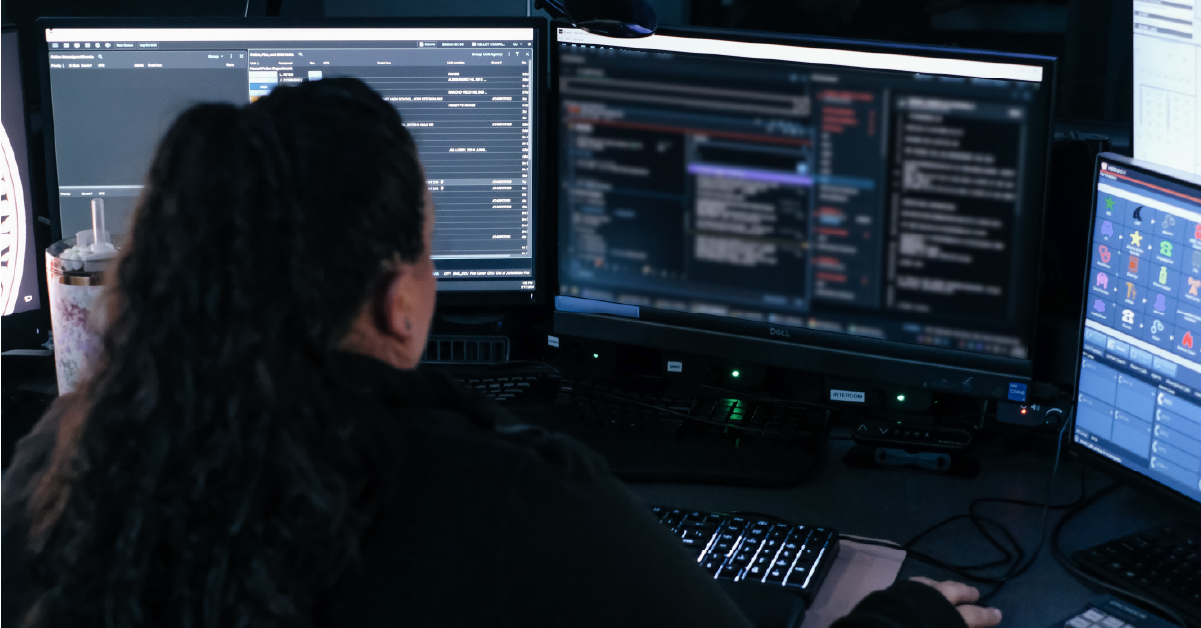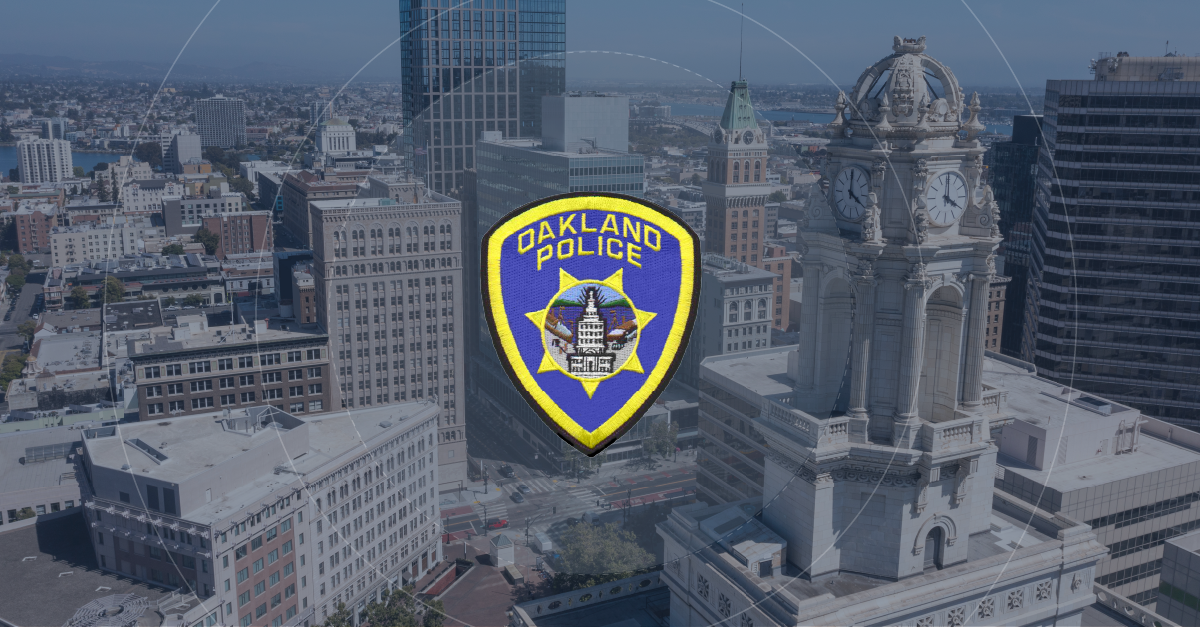A flood of post-9/11 money and advances in computing have given rise to an arsenal of new tools for law enforcement. The emerging focus isn’t on weapons or armaments, but on data. Axon, the Arizona-based police giant that started by making Tasers, wants to use its body cameras as the front-end to an automated, cloud-based ecosystem for police evidence and analytics. It’s only the most attention-getting company among a range of firms big and small now competing for millions of dollars in public contracts by disrupting the way cops do business. The pitch: Upgrade how police respond to emergencies, conduct surveillance, manage data, and improve their communications—both with each other and the public.
RECORDS MANAGEMENT
With investors like Jeff Bezos, Ashton Kutcher, and former CIA director David Petraeus, Mark43’s cloud-based software aims to update and consolidate aging records and dispatch systems. Seattle-based Socrata allows governments to run raw data through machine-learning programs that spit out easy-to-understand visualizations, maps, and graphs on everything from crime to transportation.
CAMERAS
Motorola Solutions, which has been making police walkie-talkies and radios for decades, is now investing in body cams (with built-in radios). Safariland, a police-equipment supplier, acquired camera-maker Vievu in 2015, and recently launched its own AI-enhanced video platform. Dozens of startups—including Utility, Digital Ally, and Wolfcom—have also released their own devices and software.
INTELLIGENCE
Companies PredPol and Hunchlab design algorithms to find trends in police data, which can be used both for predictive policing and to spot officers who use excessive force. Startups like Babel Street, Dataminr, and Geofeedia build social media monitoring software that helps police scan accounts for keywords during a major event or around a specific location.
COMMUNICATIONS
RapidSOS is building a database that can help send location data from our smartphones to 911 dispatchers, who often have difficulty pinpointing callers. The Shotspotter system, from SST, uses sensors around a city to triangulate the sound of gunfire in real time and alert police when and where shots are fired.
CLOUD STORAGE
Police departments typically house their digital evidence on piles of hard drives and CD-ROMs, but a torrent of body-camera video—as much as 15 gigabytes per officer per day—has pushed them to cloud providers, including Microsoft Azure and Amazon Web Services. Both companies offer subscription-based storage that meets federal standards for legal evidence, along with AI-based tools for tagging objects and recognizing faces in videos.





